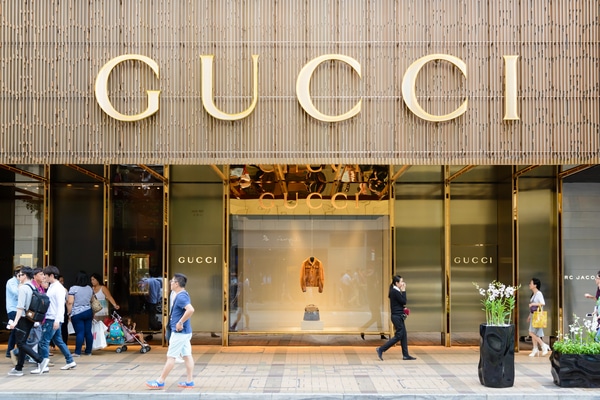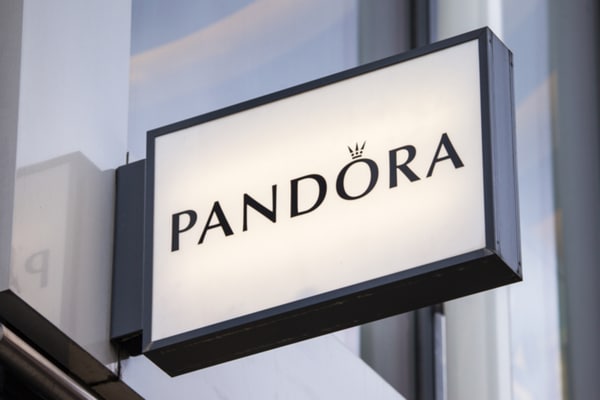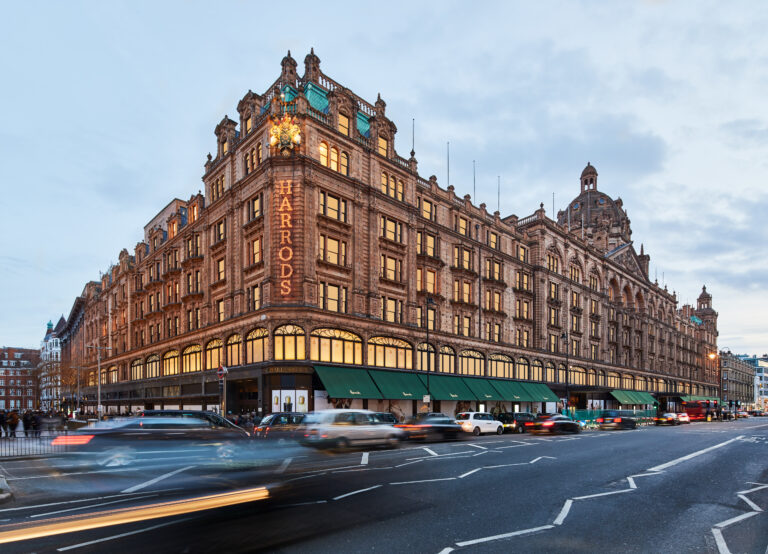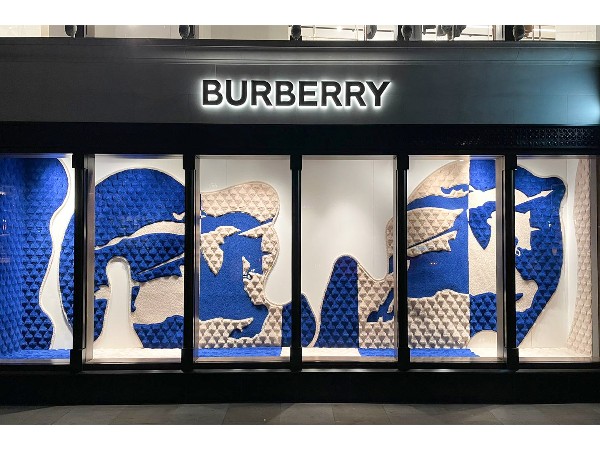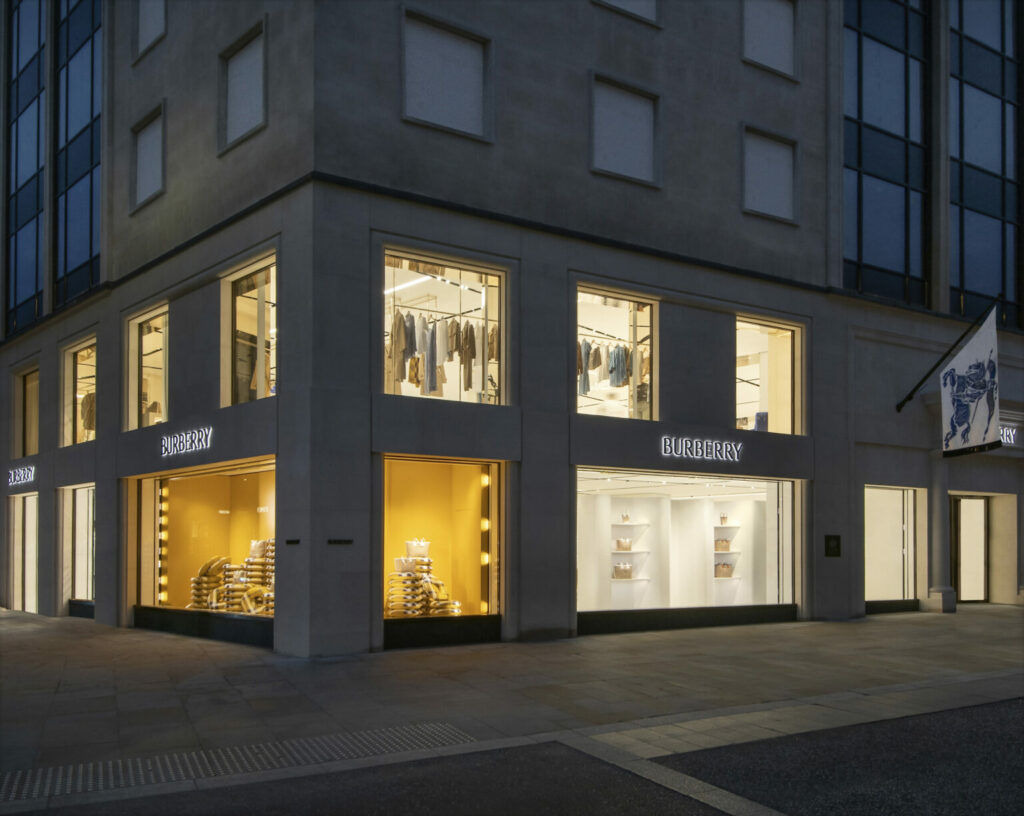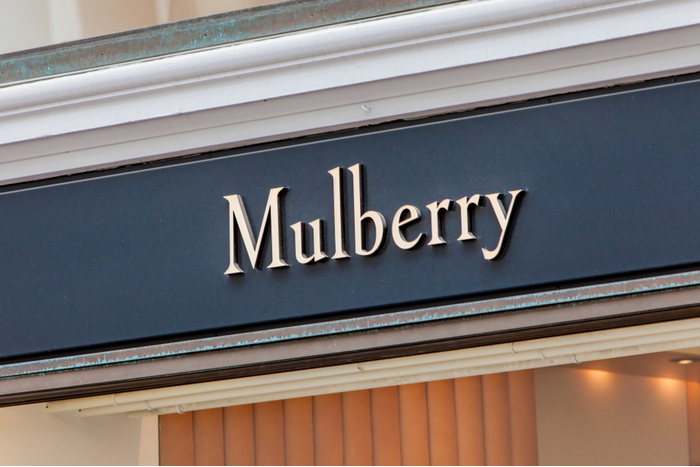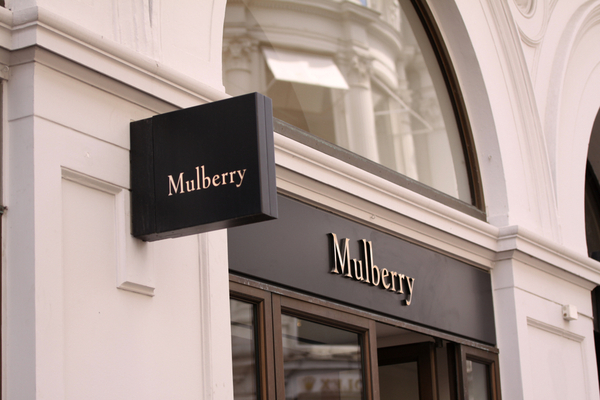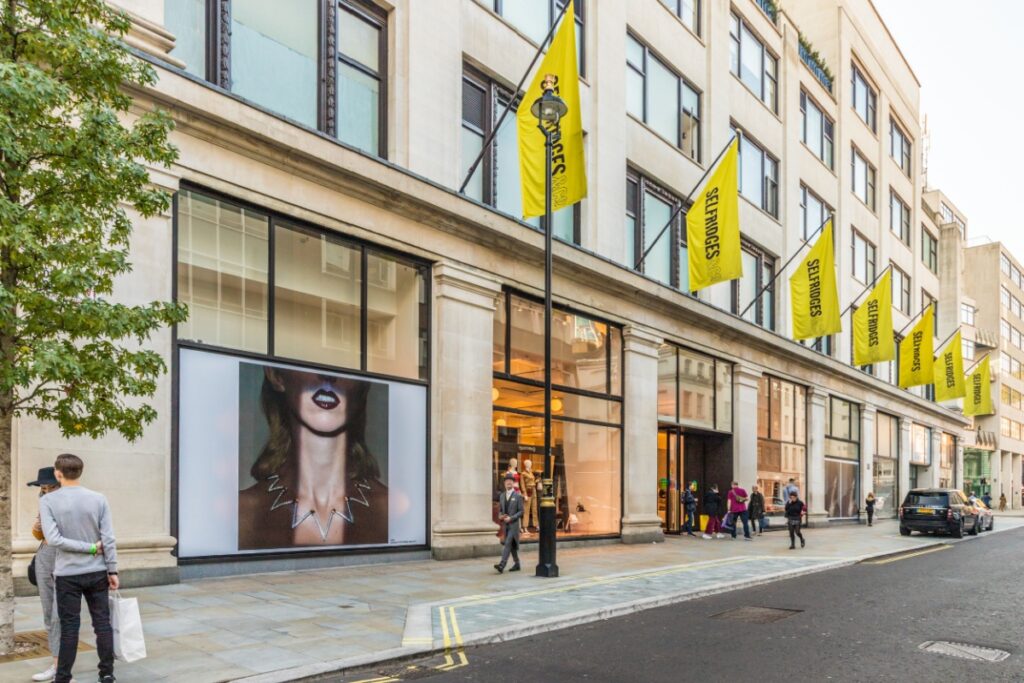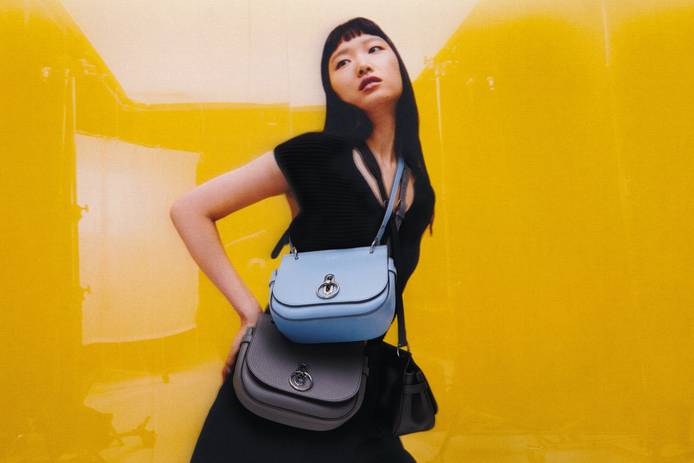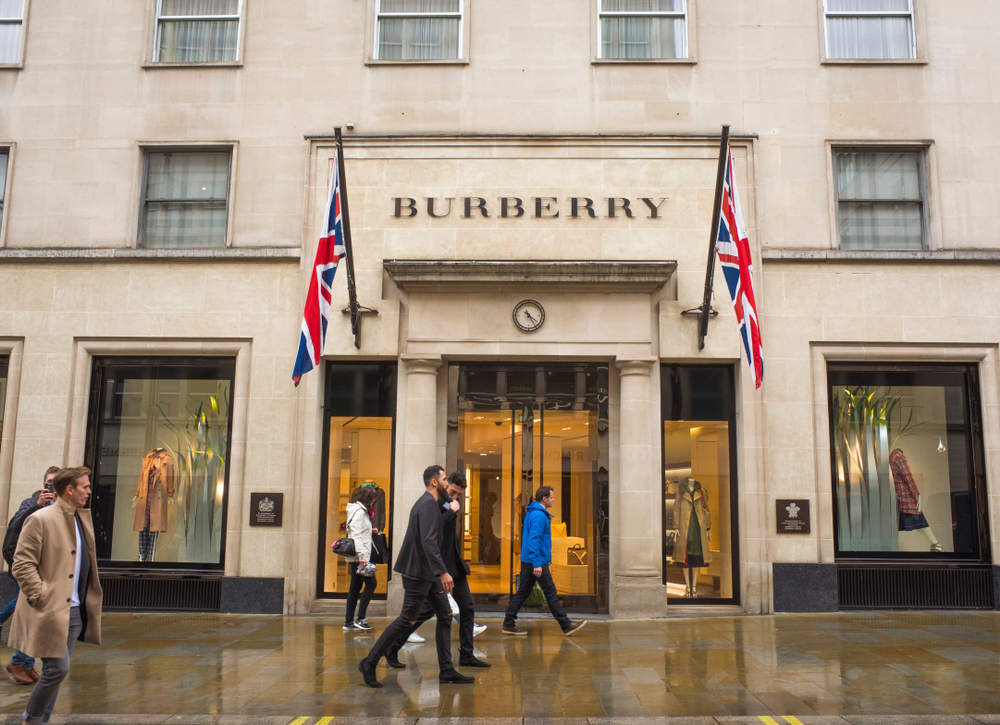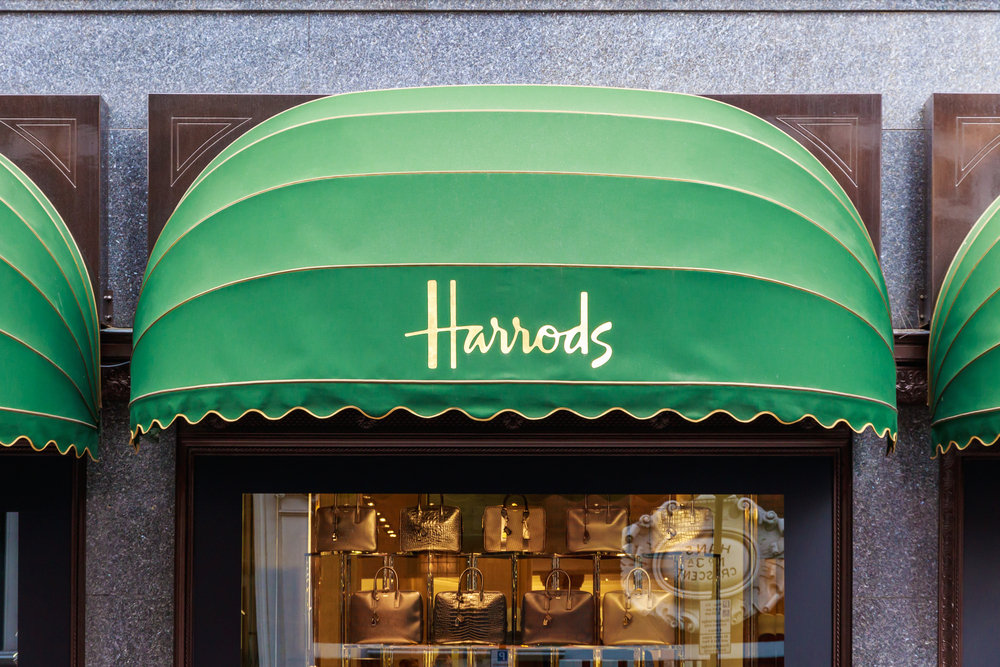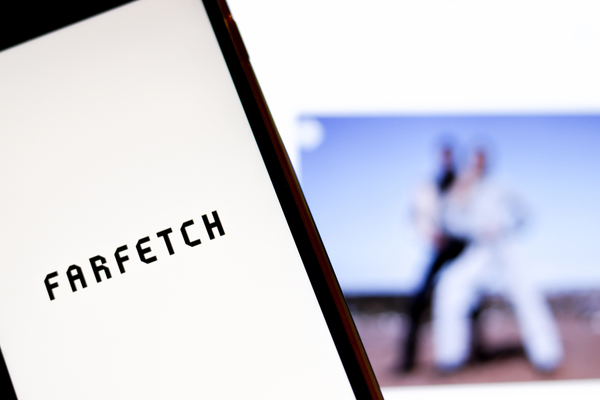// Coronavirus outbreak continues to impact luxury sector
// LVMH, Kering & Richemont are not as reliant on China for manufacturing but still predicted to face pressure
// China has driven 80% of the growth at luxury groups such as LVMH and Kering
The luxury industry has faced its biggest threat since the 2008 financial crisis thanks to the coronavirus outbreak in China.
As many as 1000 Chinese fashion buyers from Europe’s top fashion shows have reportedly held off from participating in the fashion shows this month, adding pressure on the luxury sector, the Financial Times reported.
Chinese consumers have accounted for around 40 per cent of the €281 billion (£231 billion) spent on luxury goods globally last year, according to financial services company Jefferies.
READ MORE:
- Gucci owner says it’s “impossible” to assess coronavirus impact
- Bicester Village suffers 85% shopper decline over coronavirus fears
- Adidas & Puma warn on coronavirus disrupting business
At least five Chinese designers have reportedly cancelled fashion shows scheduled for Paris Fashion Week next week, and Chanel and Prada postponed separate events planned for May in China.
China has driven 80 per cent of the growth at luxury groups such as LVMH and Kering.
The outbreak has disrupted supply chains for more mid-market apparel, with retailers and fashion brands expressing concern about whether Chinese factories will be able to deliver their anticipated autumn-winter collections.
Meanwhile, factories in China produce a majority of the world’s cotton, fabrics and silk, with everything from coats to swimsuits for fashion brands such as H&M, Next and Tory Burch.
While luxury groups such as LVMH, Kering and Richemont are not as dependant on China for manufacturing, analysts have predicted that luxury sales could still be impacted, as the situation is currently deemed negative in regards to global Chinese demand.
However, Kering’s most profitable retailer Gucci has fought back by live-streaming the catwalk show for its autumn-winter women’s collection in Milan, using Weibo, one of China’s biggest social media platforms – in a bid to keep Chinese buyers engaged.
“We are now, brand by brand, reallocating that inventory to other regions in the world so that we are not too heavy in stock in China,” Kering chief executive François-Henri Pinault told a press conference last week.
In the UK, Next told analysts recently that it had about £20 million of inventory at risk in China.
Delayed delivery to retailers means the clothes arrive too late for the intended season and must then be marked down to sell.
In January, the value of the FTSE 100 dropped by £44 billion and luxury retail groups saw their shares drop due to coronavirus fears continuing to impact trading.
LVMH shares were down 2.49 per cent in early trading, while Kering and Richemont stocks were trading more than three per cent lower on Monday morning.
Burberry closed 24 of its 64 stores in mainland China earlier this month as the coronavirus outbreak continued to raise fears.
Moreover, Nike temporarily shut down half of its stores in China.
Tech giant Apple shut all 42 of its stores in China for at least eight days as a result of the spreading virus, while denim retailer Levi’s shut about half of its stores in China.
Michael Kors parent company Capri Holdings warned earlier this month that the coronavirus outbreak could result in a $100 million (£77 million) hit to revenue.
Click here to sign up to Retail Gazette’s free daily email newsletter

